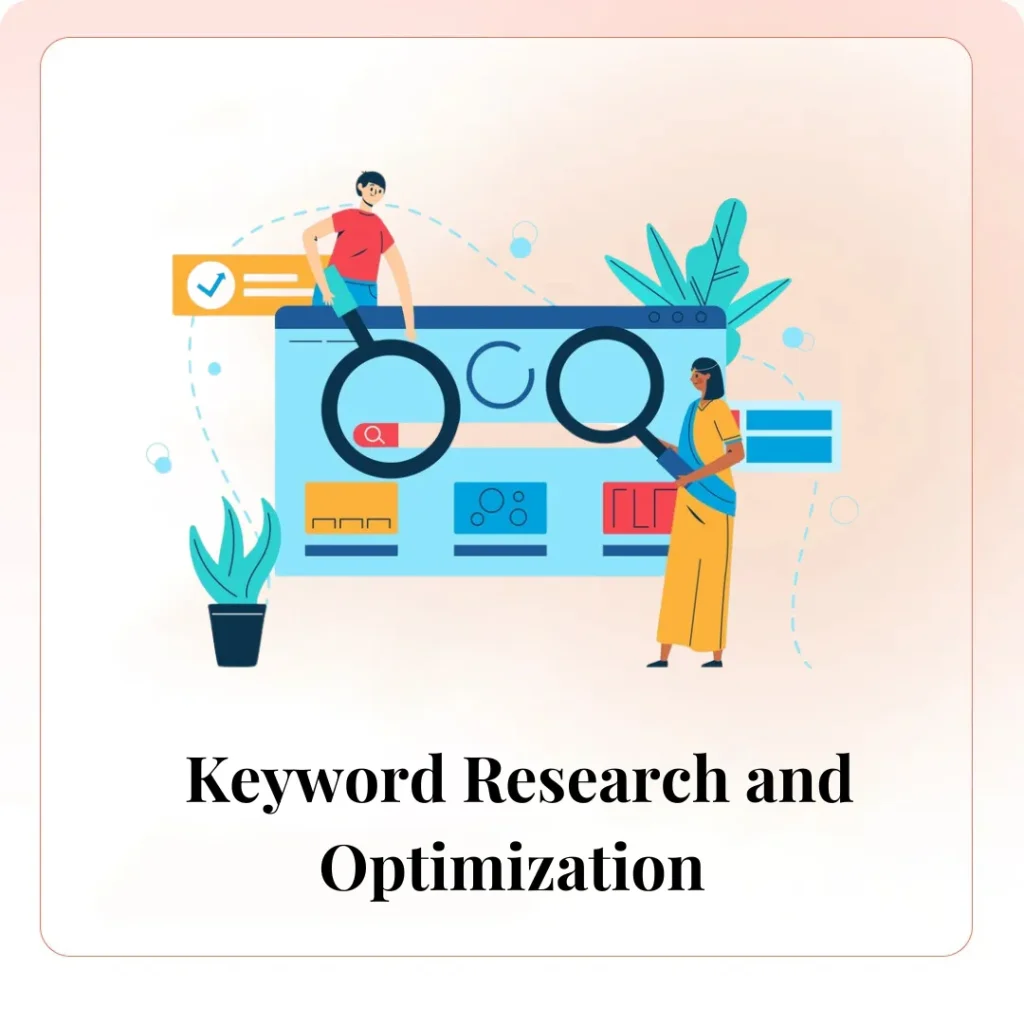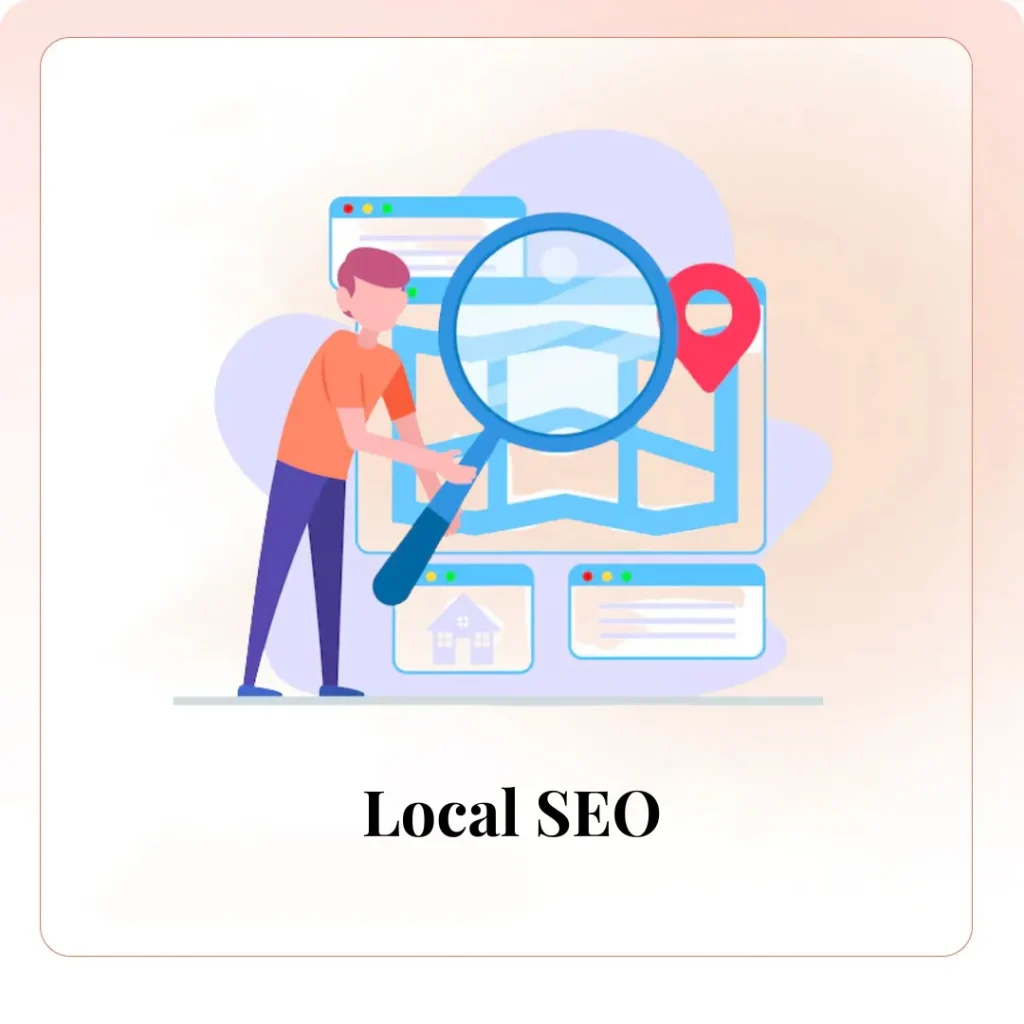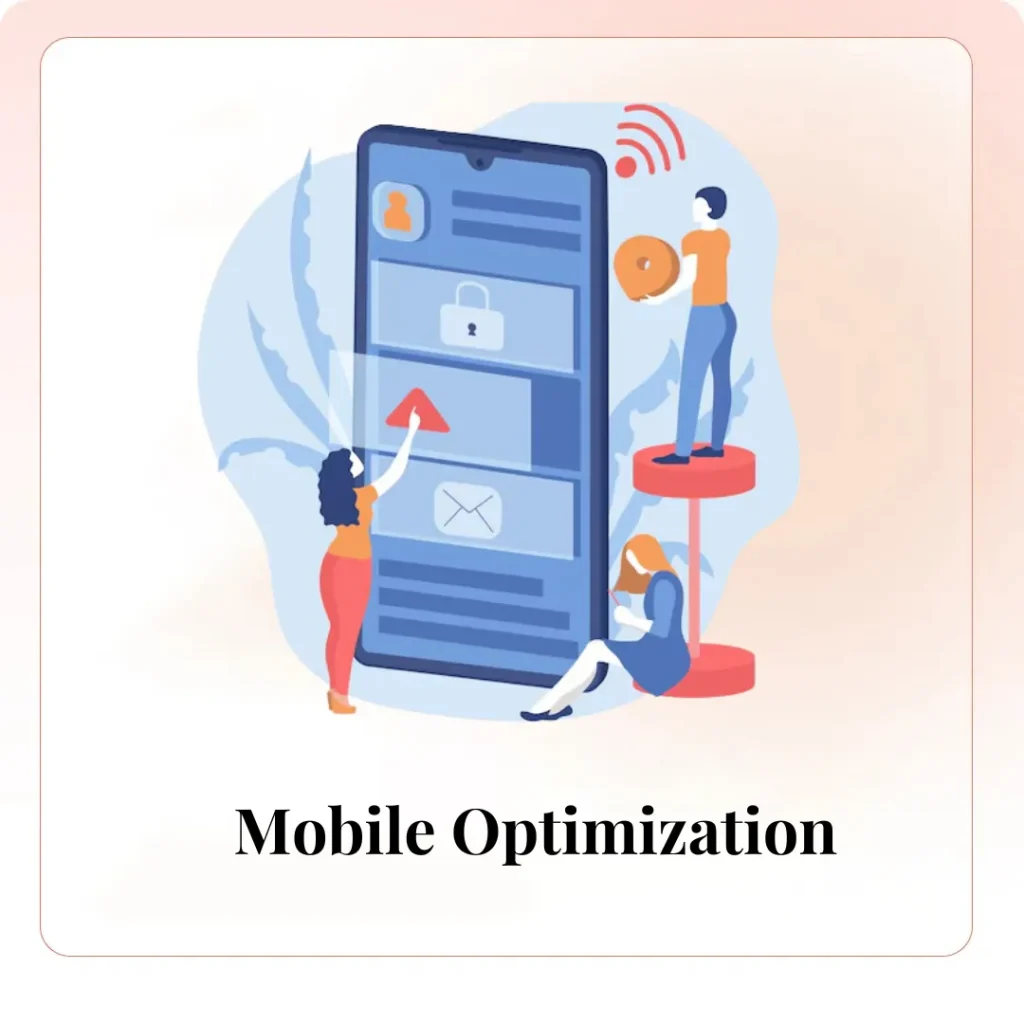In the highly competitive hospitality industry, building brand awareness is crucial for success. As potential customers increasingly rely on online searches to discover hotels, resorts, and restaurants, effective search engine optimization (SEO) strategies have become indispensable. By optimizing your online presence, you can reach a wider audience, improve your search rankings, and ultimately enhance your brand’s visibility. This blog will explore the critical role of SEO in building brand awareness within the hospitality sector, highlighting essential strategies and best practices. Along the way, we’ll mention the Top Search Engine Optimization agencies in Hyderabad
Why SEO Matters in Hospitality
1. Online Presence and Visibility
In today’s digital age, online presence and visibility are crucial for businesses, especially in industries like hospitality. An effective online presence ensures that a brand is easily accessible and visible to potential customers, significantly impacting their decision-making process. By optimizing your website for search engines and maintaining active social media profiles, businesses can increase their reach and engage with a broader audience. This visibility not only enhances brand recognition but also establishes credibility and trust. In a competitive market, having a strong online presence sets businesses apart, driving more traffic and increasing the likelihood of conversions. By leveraging digital marketing strategies, such as SEO and social media marketing, companies can ensure they are at the forefront of consumers’ minds when they search for services or products in their industry.

2. Trust and Credibility
Trust and credibility are fundamental components of a successful business, particularly in sectors like hospitality where customer experience is paramount. A strong sense of trust encourages customers to choose one brand over another, knowing they will receive consistent quality and service. Building credibility starts with transparent communication and delivering on promises made to customers. Online reviews, testimonials, and word-of-mouth recommendations play a significant role in shaping a brand’s reputation. Additionally, a well-optimized website that appears at the top of search results can enhance credibility, as users often associate higher rankings with reliability and authority. Maintaining an active presence on social media and engaging positively with customers further reinforces trust. By consistently meeting and exceeding customer expectations, businesses can establish a loyal customer base and a solid reputation, ultimately leading to long-term success.

3. Cost-Effective Marketing

Cost-effective marketing is essential for businesses, particularly those with limited budgets, to maximize their reach and impact without overspending. Unlike traditional marketing methods, which can be expensive and often yield unpredictable results, digital marketing strategies offer targeted, measurable, and affordable solutions. Techniques such as search engine optimization (SEO), social media marketing, and email campaigns allow businesses to connect with their audience in a personalized and efficient manner. SEO, for instance, can significantly enhance a brand’s visibility online, driving organic traffic to the website at a fraction of the cost of paid advertising. Social media platforms provide opportunities for direct interaction with customers, allowing brands to build relationships and foster loyalty without significant financial investment. Moreover, digital marketing tools offer detailed analytics, enabling businesses to refine their strategies based on real-time data, ensuring that every marketing dollar is well spent. By focusing on cost-effective marketing approaches, businesses can achieve substantial growth and maintain a competitive edge in their industry.
Key SEO Strategies for Hospitality
1. Keyword Research and Optimization
Identifying and targeting relevant keywords is the foundation of any successful SEO strategy. In the hospitality industry, this means focusing on keywords that potential guests are likely to use when searching for accommodations, dining, or travel experiences.
Steps for Effective Keyword Research:
- Identify Core Topics: Consider the main services and amenities your business offers.
- Use Keyword Tools: Utilize tools like Google Keyword Planner or SEMrush to discover high-volume, low-competition keywords.
- Analyze Competitors: Examine the keywords used by top competitors to identify gaps and opportunities.
- Incorporate Long-Tail Keywords: Target specific phrases that capture user intent, such as “luxury beachfront resort in Hyderabad.”

2. Local SEO

For hospitality businesses, local SEO is essential to attract nearby customers and travelers searching for accommodations in specific locations. Optimizing for local search ensures your business appears in local listings and map results, increasing the likelihood of attracting nearby guests.
Local SEO Techniques:
- Google My Business: Claim and optimize your Google My Business listing with accurate information, images, and reviews.
- Local Citations: Ensure your business details are consistent across online directories and review sites.
- Location-Based Keywords: Incorporate location-specific keywords in your content, meta descriptions, and tags.
3. Mobile Optimization
With an increasing number of users accessing websites via mobile devices, ensuring your site is mobile-friendly is crucial. A responsive design not only improves user experience but also impacts your SEO rankings, as search engines prioritize mobile-friendly websites.
Mobile Optimization Tips:
- Responsive Design: Ensure your website adapts to different screen sizes and orientations.
- Fast Loading Speed: Optimize images, minify code, and leverage browser caching to enhance page load times.
- User-Friendly Navigation: Simplify menus and ensure clickable elements are easy to access on smaller screens.

4. High-Quality Content
Creating valuable and engaging content is key to attracting and retaining visitors. In the hospitality industry, content can range from blog posts about local attractions to detailed descriptions of your services and amenities.
Content Creation Strategies:
- Blog Posts: Write informative articles on travel tips, local events, and unique experiences related to your location.
- Visual Content: Use high-quality images and videos to showcase your property and surroundings.
- User-Generated Content: Encourage guests to share their experiences and reviews, which can enhance your content and boost credibility.
5. Backlink Building
Building a strong backlink profile is essential for improving your search rankings and establishing authority in the hospitality industry. Backlinks from reputable sites signal to search engines that your content is valuable and trustworthy.
Effective Backlink Strategies:
- Collaborate with Influencers: Partner with travel bloggers and influencers to gain exposure and backlinks.
- Guest Blogging: Write guest posts for industry-related websites to reach new audiences and earn backlinks.
- Participate in Online Communities: Engage in forums and social media groups related to hospitality and travel.
6. User Experience and Engagement
A positive user experience not only encourages visitors to stay on your site longer but also improves your SEO performance. Search engines consider metrics like bounce rate, dwell time, and click-through rate when determining rankings.
Enhancing User Experience:
- Clear Call-to-Actions (CTAs): Use compelling CTAs to guide users toward desired actions, such as booking a room or making a reservation.
- Intuitive Design: Ensure your website is easy to navigate, with clear categories and search functionality.
- Customer Support: Offer live chat or a contact form to assist visitors with inquiries.
The Impact of SEO on Brand Awareness
Increased Organic Traffic
By optimizing your website for search engines, you can attract a steady stream of organic traffic from users actively searching for hospitality services. This increased visibility helps more potential customers discover your brand, ultimately boosting brand awareness.
Enhanced Brand Recognition
Consistently appearing in search results helps reinforce your brand’s presence in the minds of consumers. Over time, this recognition builds trust and familiarity, increasing the likelihood that potential guests will choose your establishment over competitors.
Competitive Advantage
In a crowded marketplace, effective SEO can give your brand a competitive edge. By ranking higher in search results than your competitors, you position your business as a leader in the industry, attracting more attention and inquiries.
Long-Term Results
Unlike paid advertising, which stops generating traffic once the budget is exhausted, SEO provides long-term benefits. With consistent optimization efforts, your website can maintain high rankings and continue to drive organic traffic, fostering sustained brand awareness.
Conclusion
In the hospitality industry, SEO is a powerful tool for building brand awareness and attracting potential guests. By implementing strategies such as keyword optimization, local SEO, mobile optimization, high-quality content creation, backlink building, and enhancing user experience, you can significantly improve your online visibility. For those seeking expert guidance, partnering with the Best digital Search Engine Optimization agencies in Hyderabad can provide the support needed to succeed. Whether you are looking for the Top Search Engine Optimization agencies in Hyderabad or the Best Search Engine Optimization agency in Hyderabad, you can find reliable partners to enhance your online presence. For more information and expert assistance, visit hyderabad.osumare.com.



